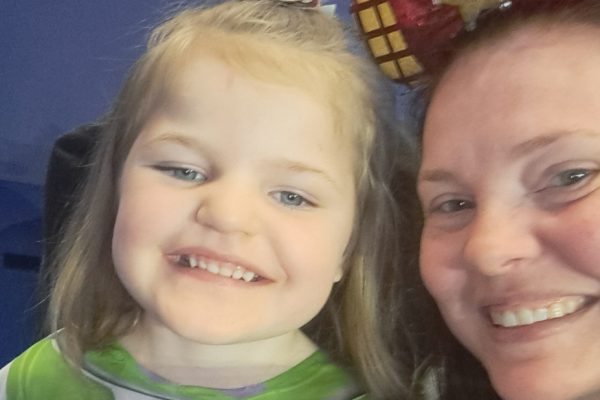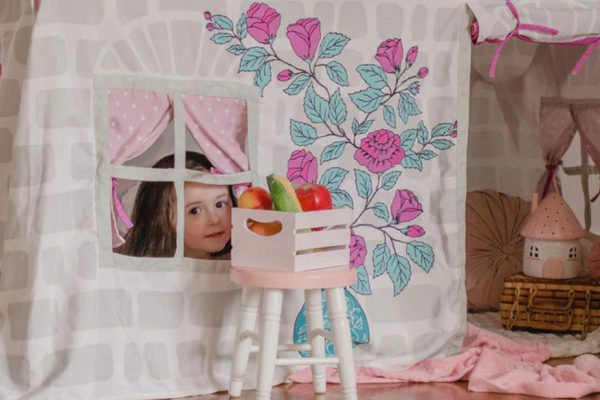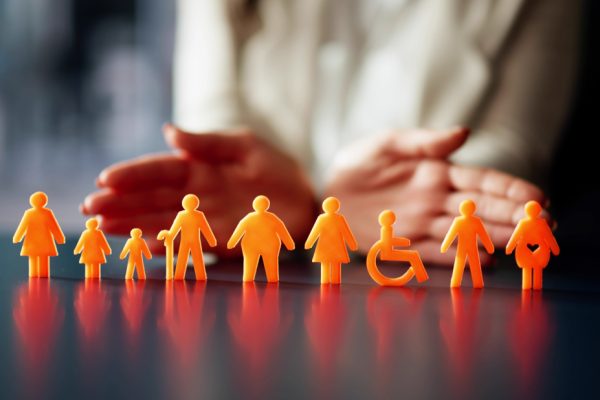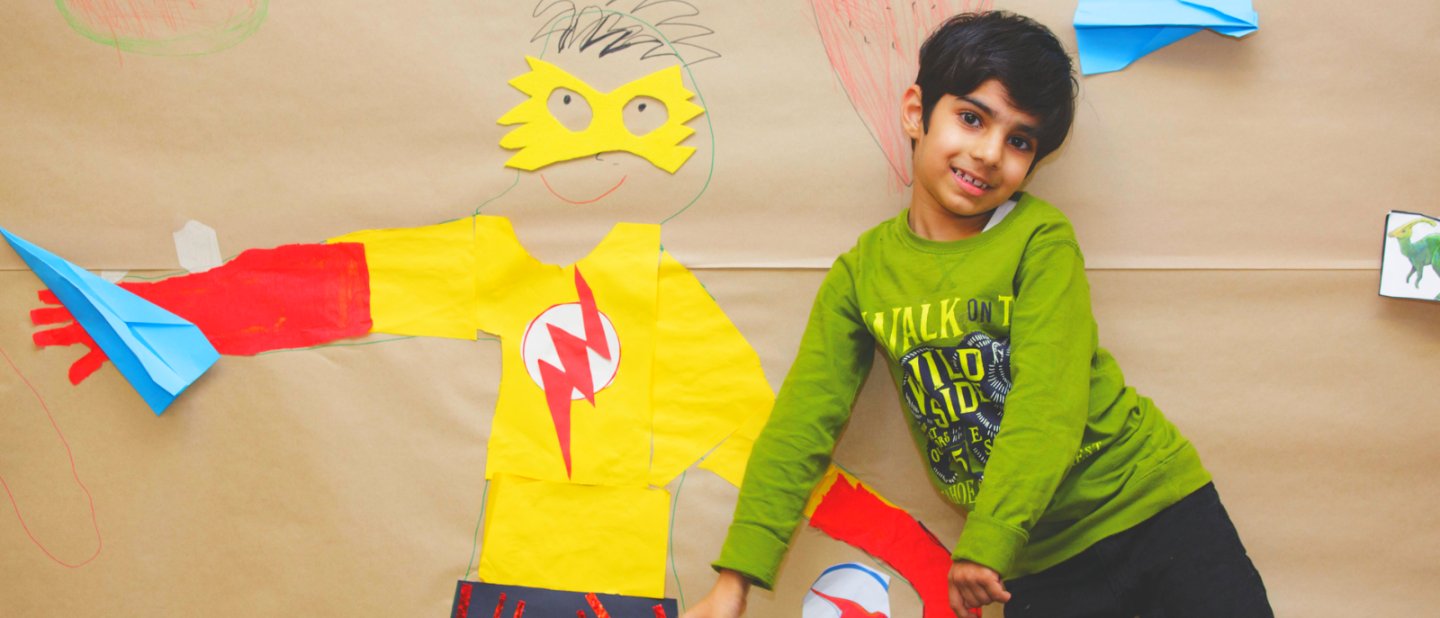
Better together: The latest news on cerebal palsy
By Rebekah Devlin
Earlier detection, intensive goal-based therapy periods, and a focus on adult health are key takeaways from a conference on cerebral palsy.
A global community of more than 1000 attendees, representing 46 countries, gathered to collaborate and share important findings at the 2022 Better Together conference in Melbourne.
The virtual conference, based in Melbourne, hosted by AusACPDM (Australasian Academy of Cerebral Palsy and Developmental Medicine) and IAACD (International Alliance of Academies of Childhood Disability), brought together speakers from all over the globe and explored a variety of topics, including recent developments in cerebral palsy (CP) research and clinical practice.
Importantly, this was also the first time a substantial number of parents and people with lived experience attended to discuss and collaborate with researchers and specialists.
Sarah McIntyre and Kirsty Stewart share with us some of the most-promising research to come out of the conference.
RATES OF CP GLOBALLY
A new study reported on global rates of CP since 1995. In Australia, and other high income countries from Europe, the rates of CP have been reducing steadily since the mid-2000s, to a new low of 1.6/1000 live births. This is a 25 per cent reduction since the mid-2000s, and one that is attributed to a range of factors including better overall health of pregnant women, improved care through pregnancy – earlier detection of high-risk pregnancies and improved care during labour – and improved care in neonatal intensive care units.
Health professionals from low and middle income countries reported that their rates are at least double the Australian rate – approximately 3-4/1000 live births, and this is sure to be an underestimate, because infant mortality is still high in these countries. It is a high priority for researchers from across the world to help each other to ensure that all countries can follow the same trajectory.
NEW TOOLS TO DETECT WHO IS AT HIGH RISK
Until recently, families were not able to get a diagnosis of CP for their child until, on average, 18 months of age. This meant that children were missing out on receiving CP-specific early intervention to maximise motor development. We now have a
tool that is video-based – the General Movements Assessment (GMA) – that can be scored by trained health professionals when the baby is just three months old. Parents can then be told that their child has (or does not have) a high risk of CP. There are other tools that can also now be used, such as an MRI, and if infants are three to 12 months of age when assessed, the Hammersmith Infant Neurological Examination (HINE).
International Guidelines on the early detection of cerebral palsy (led by researchers in Sydney) are now available. Implementation problems such as accessing training and designing new clinics to see infants at the right age, were discussed at the conference. Clinicians left with confidence to keep trialling new strategies to ensure implementation of the guidelines in their area becomes part of normal practice. This will impact families across the world in gaining earlier diagnosis and reduce delays in starting therapies to maximise their child’s abilities.
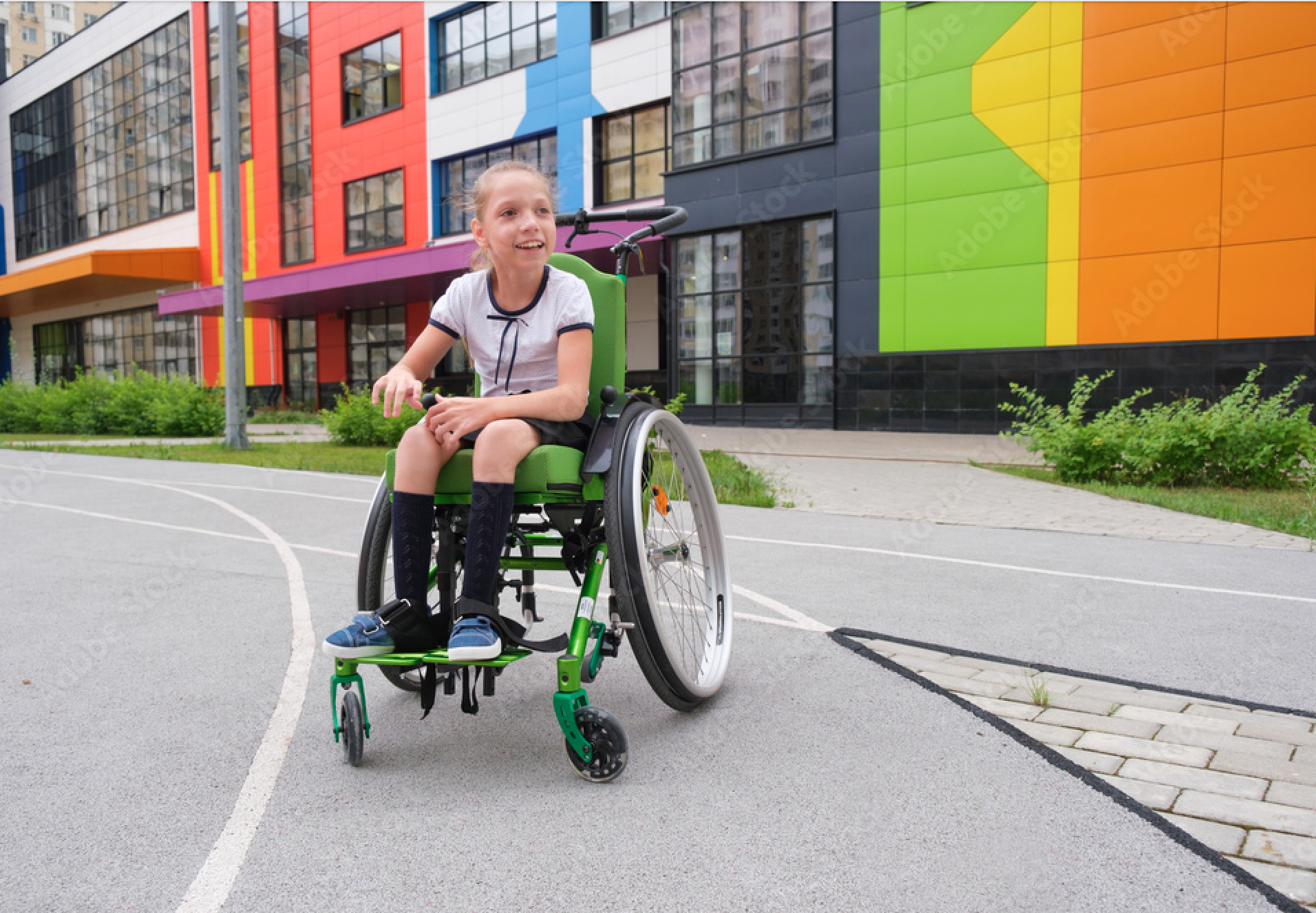
EARLY INTERVENTION
Studies presented at the conference showed that the earlier intervention is commenced, the better. It will always depend on
the infant, if they are well or sick, and the family’s access to services, however commencing between three and six months of age may be better for children who have CP. Families see therapists at least fortnightly, with programs embedded into their daily routines. It should be cerebral palsy-specific early intervention, aimed at specific motor goals, with lots of opportunity for practice in the home environment, rather than general intervention. This will optimise children’s motor and cognitive outcomes and enhances parents’ and carers’ well-being.
INTENSIVE THERAPIES V WEEKLY APPOINTMENTS
There are now intensive therapy options that are an effective alternative to weekly/ fortnightly therapy. Research presented at the conference confirmed that for school- aged children, goal-directed therapy is the gold standard approach, as it maximises the child’s motivation. Sessions need to be fun, engaging and at the right challenge level – ensuring challenge is mixed with successes! There are now a number of “modes” that have proven effective. In addition to traditional weekly/fortnightly sessions, families also have the option of a more intensive session format, such as attending “camps” during school holidays, or three sessions a week for six weeks. The important factor is getting the right amount – at least 14 hours of intervention per goal. More info on camps and events can be found at cerebralpalsy.org.au/youthevents
OPTIMISING HEALTH PRIOR TO PLANNED SURGERY
Many different medical specialists and surgeons are involved in the care of medically and neurodevelopmentally complex children. New international guidelines have been developed to help prepare these children for surgery – including optimising nutrition and respiratory health to enhance surgical outcomes, recovery and reduce length of hospital stay.
New respiratory guidelines, developed by a team of experts in Western Australia in 2021, also outline the best available evidence about how respiratory disease should be assessed, prevented and managed across the lifespan.
A FOCUS ON ADULT HEALTH
Improving the physical and mental health of adults with cerebral palsy and other disabilities is imperative. Poor health can result in reduced quality of life and a shortened lifespan. Comprehensive services are available for children through paediatric networks, but there appears to be a clinical void after transition into adulthood. In Australia and internationally, this is becoming a focus area, to improve the transition process into adult health services and the accessibility of health services throughout adulthood.
CP Achieve, a group of researchers based in Melbourne, is leading many projects focused on adult health – aiming to support people with cerebral palsy aged 10 to 30 years to achieve good health, access excellent health services, and to participate more fully in work, leisure, physical activity, relationships and the community. cp-achieve.org.au
Sarah McIntyre is a Senior Research Fellow at Cerebral Palsy Alliance, University of Sydney, Sarah is also the current co-President of AusACPDM
Kirsty Stewart is a Senior Occupational Therapist at The Children’s Hospital Westmead, and a Board member of AusACPDM
AusACPDM hosts listening and sharing sessions to share knowledge, experiences and learnings. They are held via zoom and are free to everyone. ausacpdm.org.au/events



